The secret to a more satisfying sex life has long tortured men and women, and many have turned to natural supplements or over the counter products to kick their libido into gear. However, despite wide use, little is known about the safety or efficacy of natural libido boosters. Now, in a new study published in July in the journal of the International Society for Sexual Medicine researchers have reviewed the most popular and commonly used aphrodisiac products on the market and analyzed just how much evidence they have to support their use.
This data could be helpful to the 43% of women and 31% of men who report having at least one symptom of sexual dysfunction.
Here are eight of the products reviewed in the study. Check out what works and what doesn’t.
Chocolate
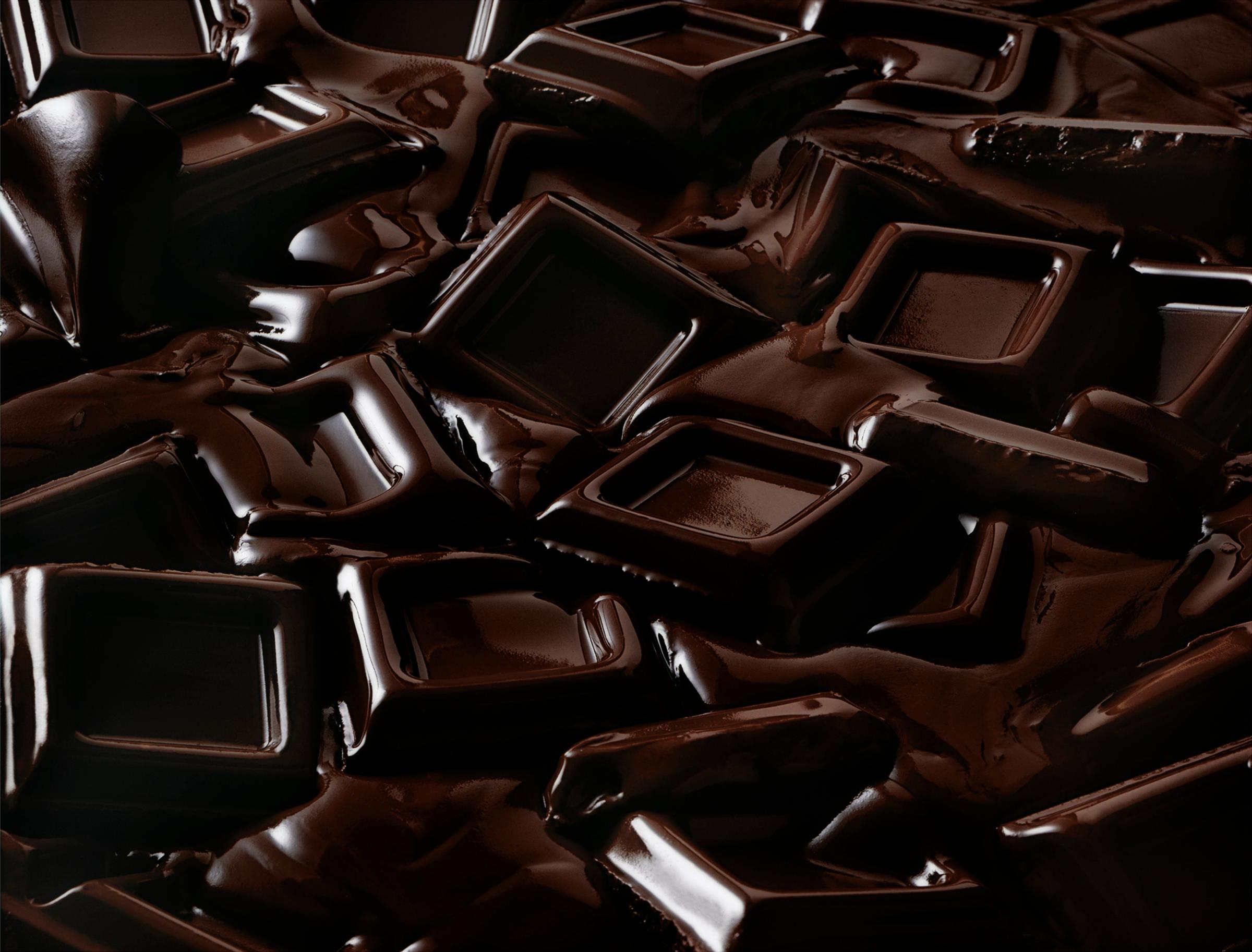
Does it work? No, though it won’t hurt you in moderation.
Alas, chocolate, that staple of romantic gestures, has not shown any definitive evidence of aphrodisiac effects. The researchers note that chocolate contains components that are linked to higher levels of serotonin in the brain, and the effect was thought to play a role in sexual desire. However, studies that have compared chocolate consumers to non-chocolate consumers have found no difference in sexual function, and the researchers conclude in their review that chocolate for sex drive is an unsupported myth. Still, chocolate has shown to have other benefits since it is rich in antioxidant compounds, with evidence suggesting it can be good for your heart.
Ginkgo biloba
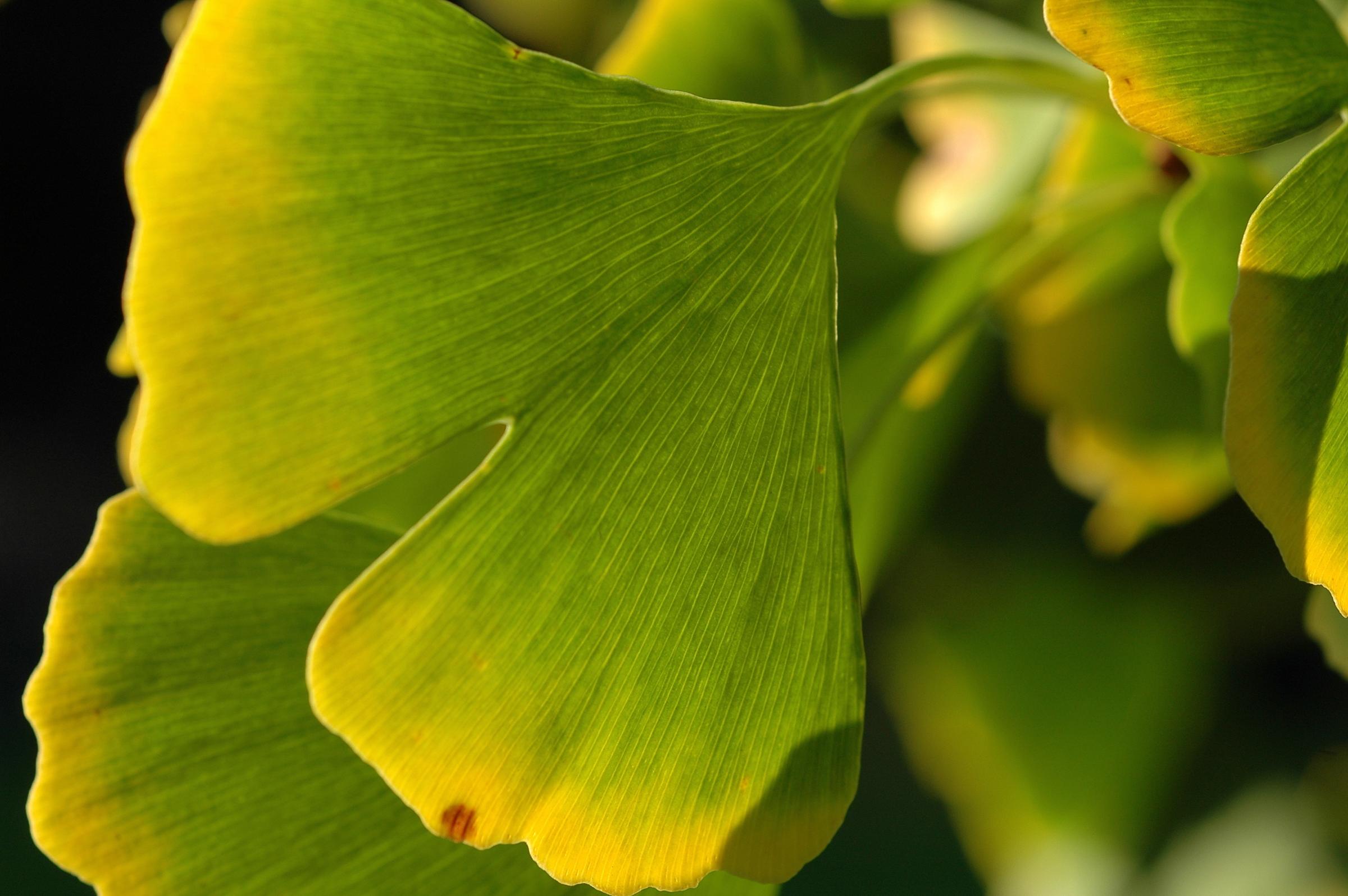
Does it work? Possibly.
Ginkgo biloba is used as an extract in Chinese medicine to treat illnesses like depression and sexual dysfunction. Study authors found one small trial that showed significant improvement in sexual dysfunction among both men and women who were dealing with sexual problems related to use of selective serotonin re-uptake inhibitors (SSRI), a kind of antidepressant. Though the study showed promise, a later randomized control trial that followed up on the research could not find significant differences. Usually people do not have problems with Ginkgo, but the researchers note that it can result in elevated bleeding risks. They recommend careful use.
Honey
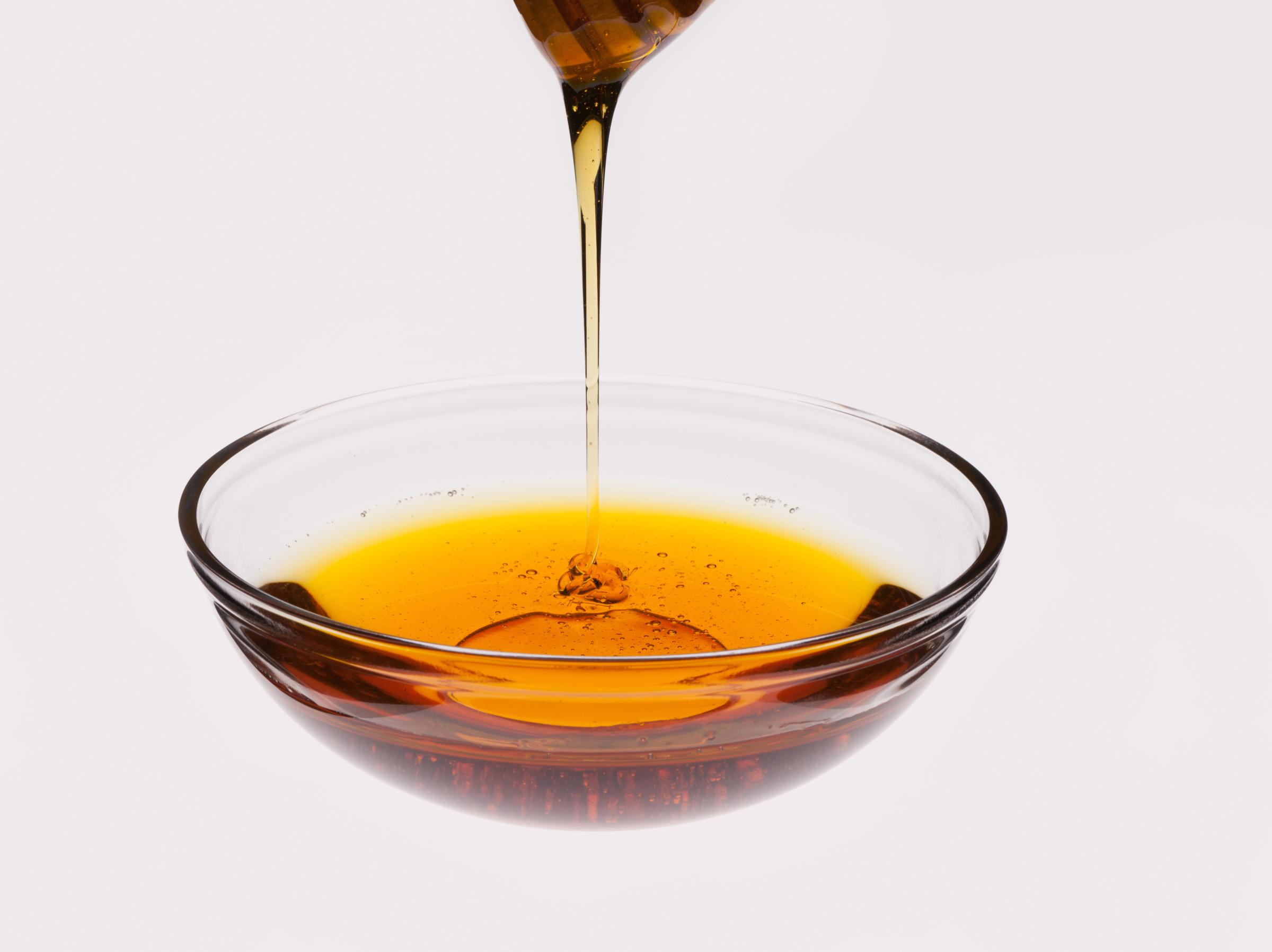
Does it work? No.
It’s long been believed that honey can rejuvenate marriages. Some historical evidence suggests that the word “honey moon” came from a centuries-old tradition of newly married couples drinking mead (a drink of fermented honey and water) until the first new moon of their marriage, the researchers write. But there are currently no well-done studies that show honey has any aphrodisiac effects. The researchers also caution about the use of “Mad Honey,” which is produced largely in Turkey and advertised as a sexual stimulant. Mad honey is a honey made from a special kind of nectar that contains a toxin called grayanotoxin that can increase vaginal stimulation, but can also lead to a laundry list of possible health problems included heart issues. Mad honey should be avoided.
Maca
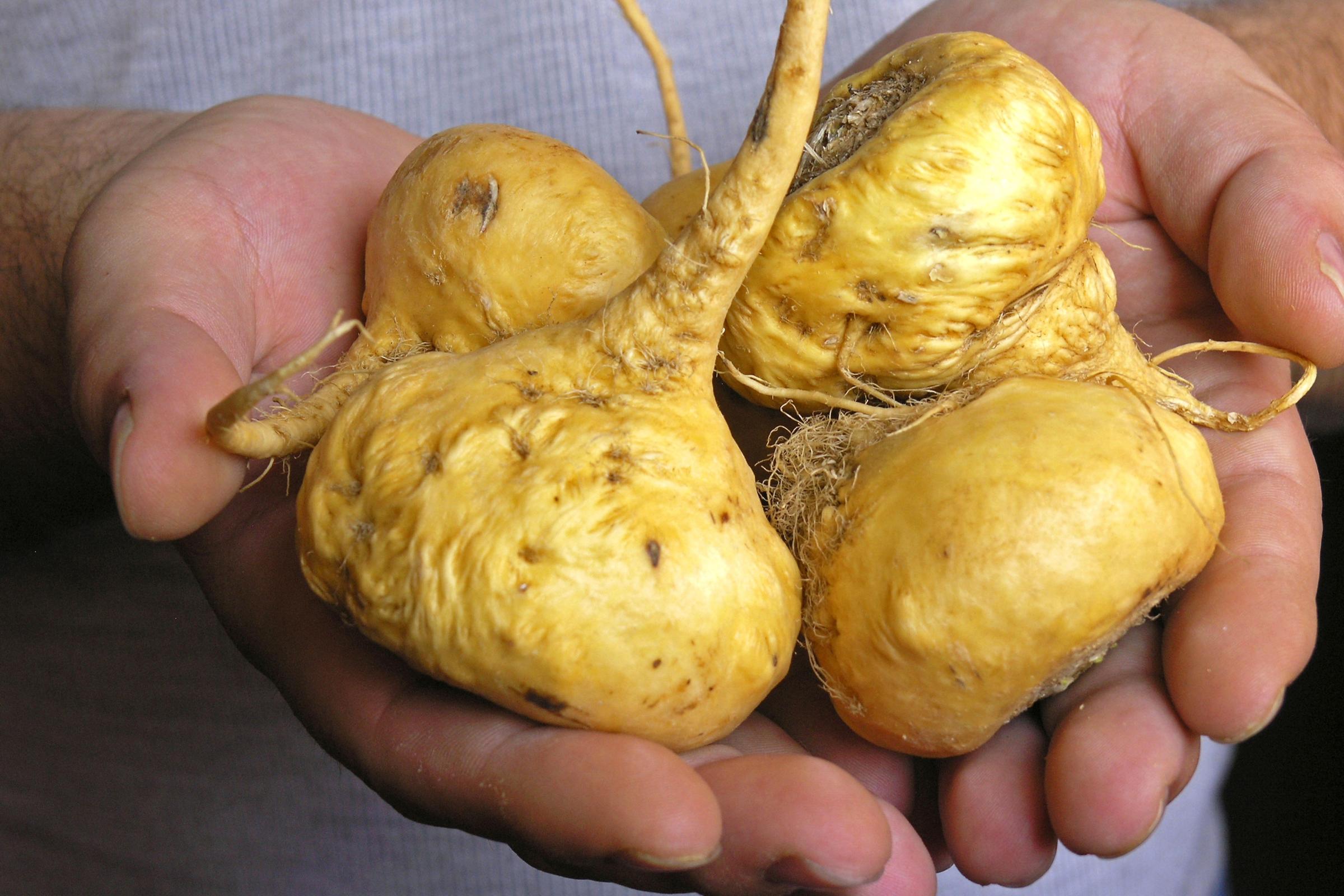
Does it work? Looks promising.
Maca is a root vegetable that is native to the Andes in Peru. It has been used to treat fertility, sexual arousal and hot flashes. The study authors found a handful of promising studies in humans that had prositive outcomes: improving sexual function in healthy women and helping men with erectile dysfunction. Though more research is needed, the study authors conclude that maca is well-tolerated and has very few side effects. How much dosing a person might need still needs to be analyzed.
Oysters
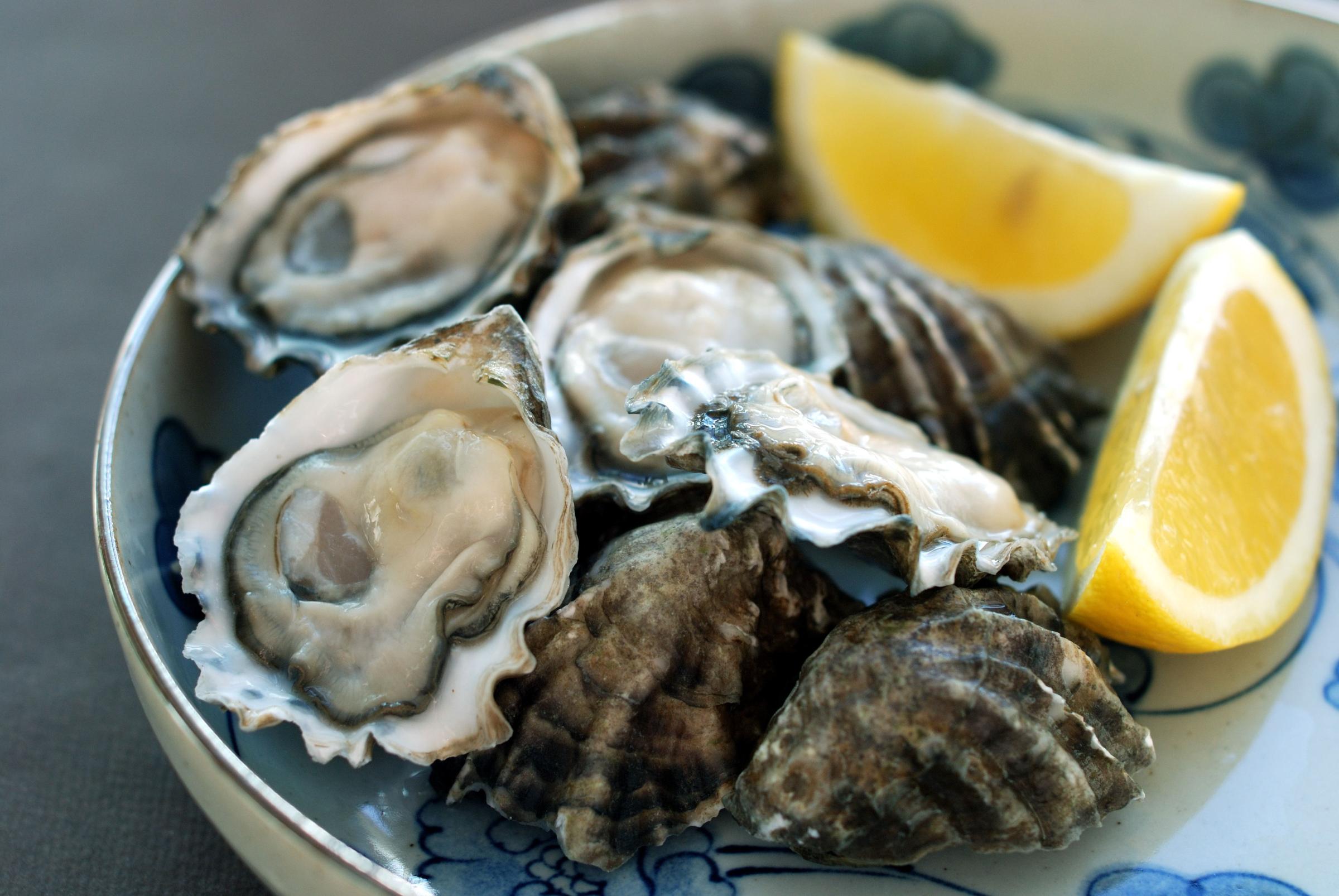
Does it work? No.
Oysters have long been thought to be aphrodisiacs possibly due to the fact that they contain zinc, which is needed to produce testosterone. Oysters also contain amino acids and serotonin, which was thought to have a role in an individual’s response to pleasure. However, the researchers say there are no randomized control trials that can confirm whether oysters have any effect on sexual function or desire.
Ginseng
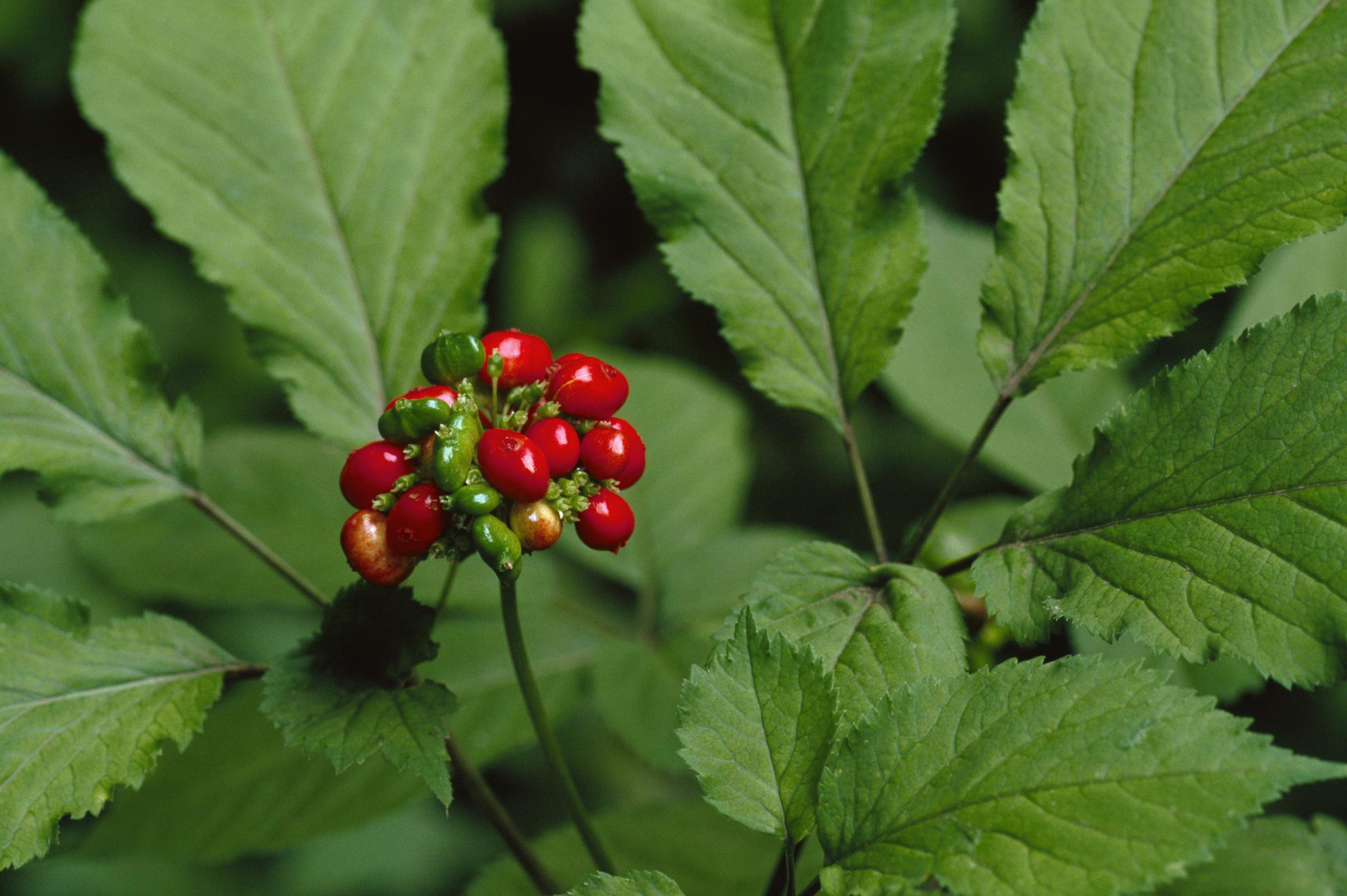
Does it work? Looks like it.
The data is still fairly preliminary, but the researchers say ginseng, an herb, has been shown to aid in erectile dysfunction. The researchers found seven well-done studies that compared ginseng use for erectile dysfunction to placebo, and ginseng appeared quite effective. A specific kind called Korean red ginseng has also been shown to improve sexual arousal in menopausal women. Optimal dosing remains unknown, and the researchers say that since ginseng has estrogenic effects, it should not be used by people with hormone-sensitive cancer.
Wild yam
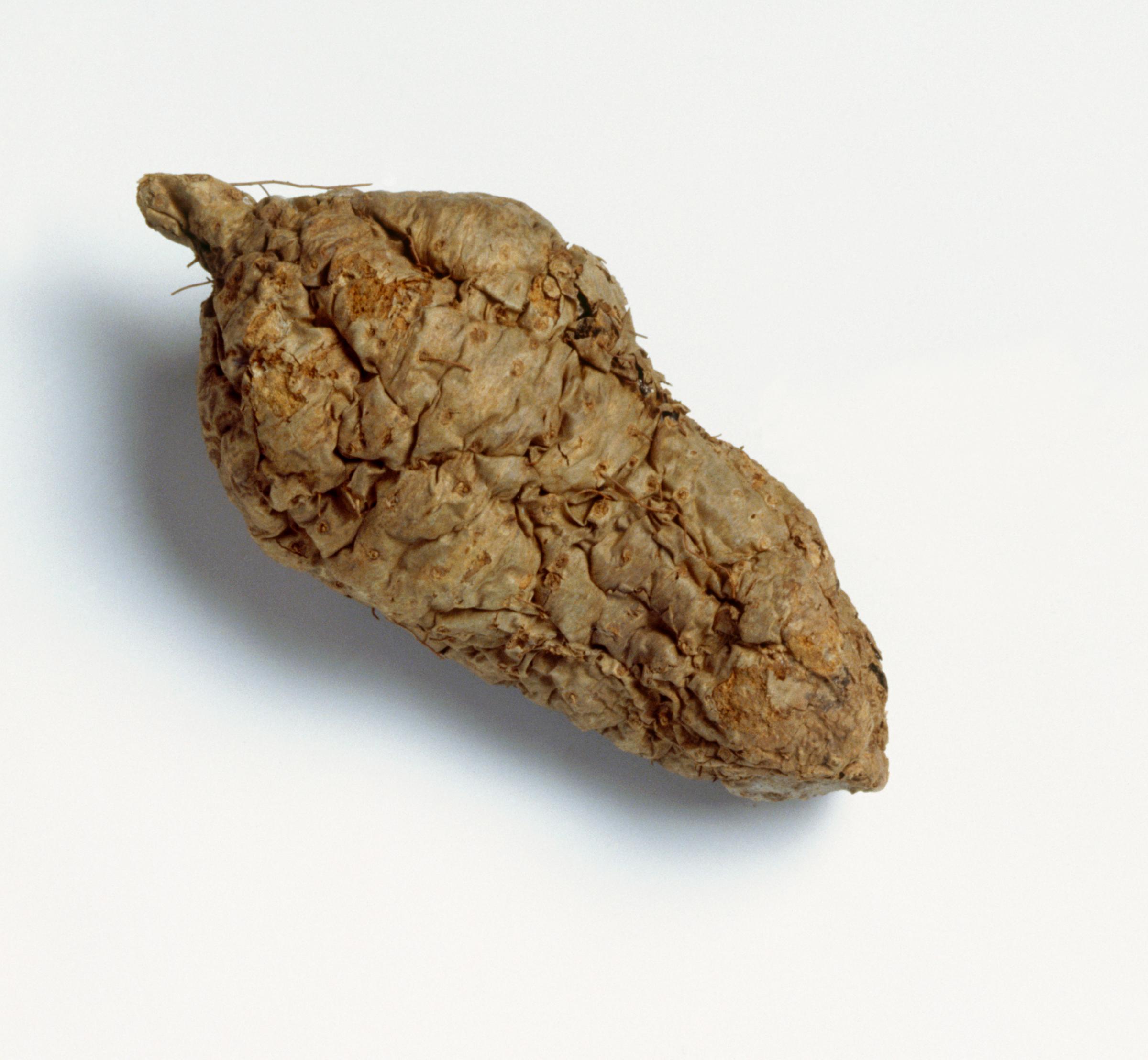
Does it work? Pass on this one.
Wild yam extract is often added to creams and is thought to ease symptoms of menopause and increase sexual arousal. However, studies have not found significant improvements among users. Some wild yam products have natural or added progesterone, but since synthetic progesterone is not bioavailable to humans, the researchers note that it doesn’t offer any real added benefits.
Chasteberry
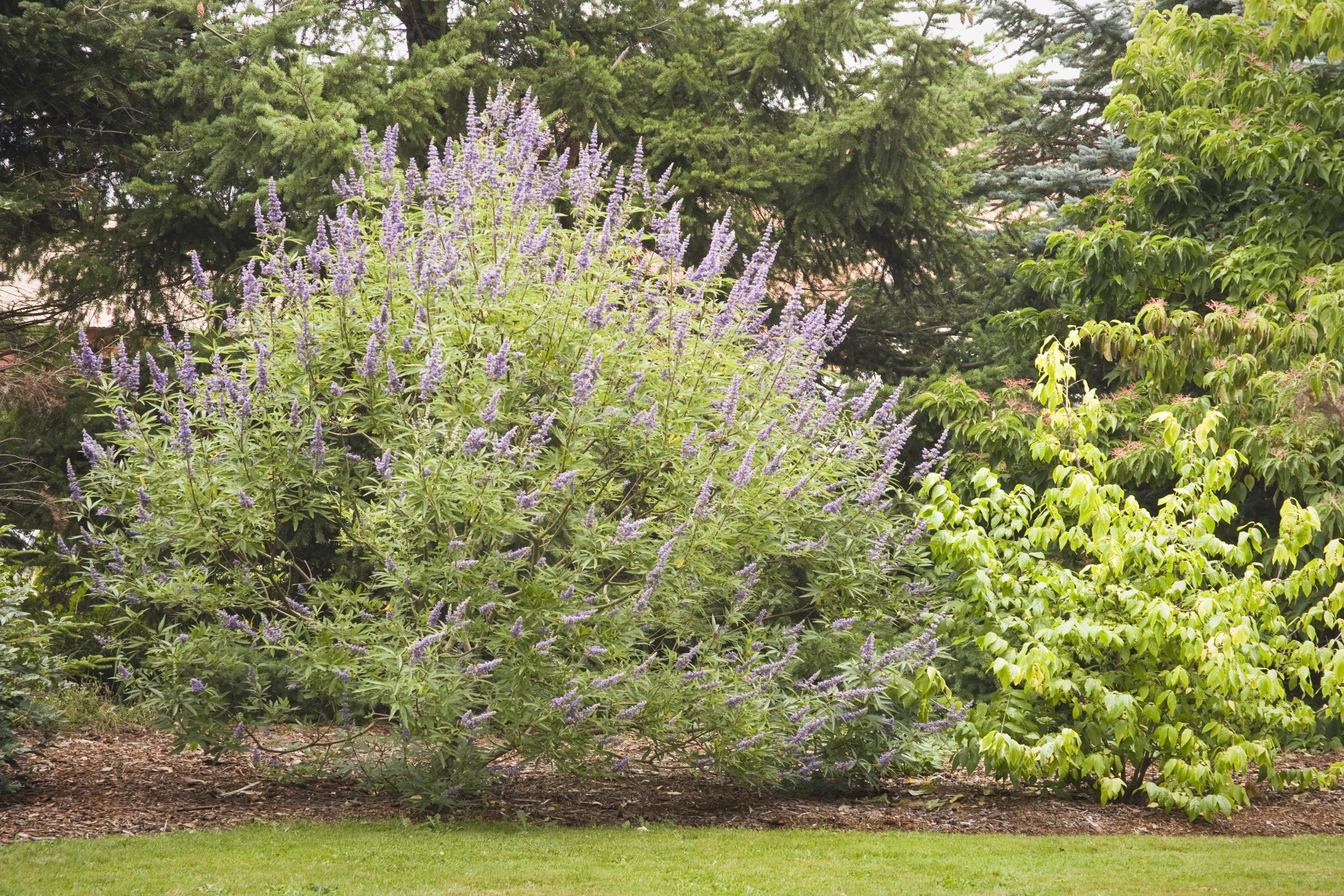
Does it work? No.
Chasteberry comes from the chaste tree and is thought to affect hormone levels. When used at a low dose, the researchers say it can lower estrogen and increase levels of progesterone. Though the berry has been found to curb PMS symptoms, it does not appear to be effective in improving sexual problems. There is also concern that it could interfere with oral contraceptives. Since there’s no evidence it works for sexual desire the researchers say they can’t recommend it for sexual enhancement.
More Must-Reads from TIME
- Donald Trump Is TIME's 2024 Person of the Year
- TIME’s Top 10 Photos of 2024
- Why Gen Z Is Drinking Less
- The Best Movies About Cooking
- Why Is Anxiety Worse at Night?
- A Head-to-Toe Guide to Treating Dry Skin
- Why Street Cats Are Taking Over Urban Neighborhoods
- Column: Jimmy Carter’s Global Legacy Was Moral Clarity
Contact us at letters@time.com